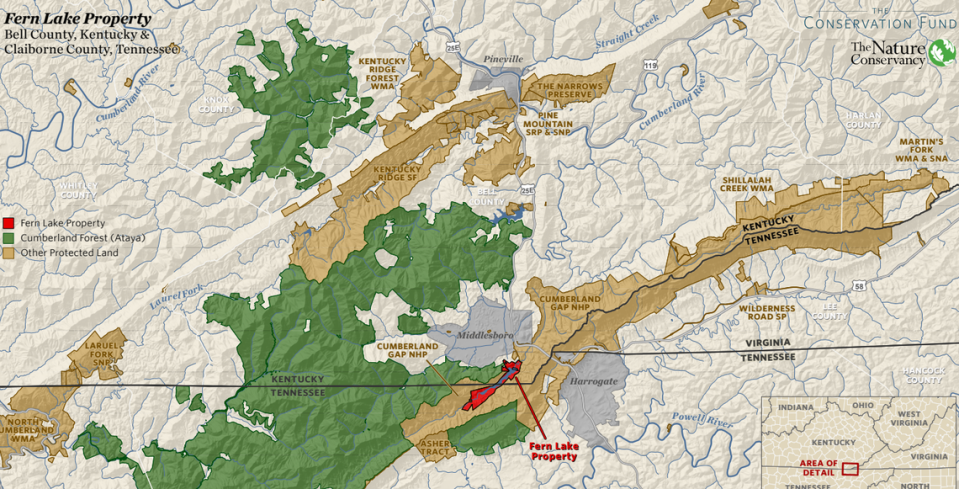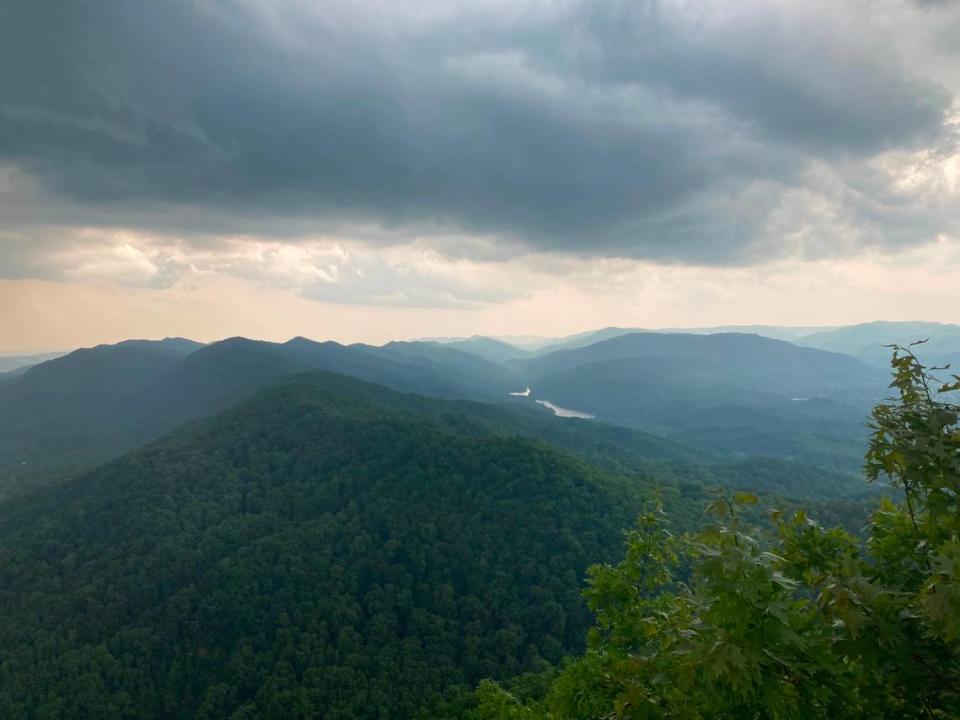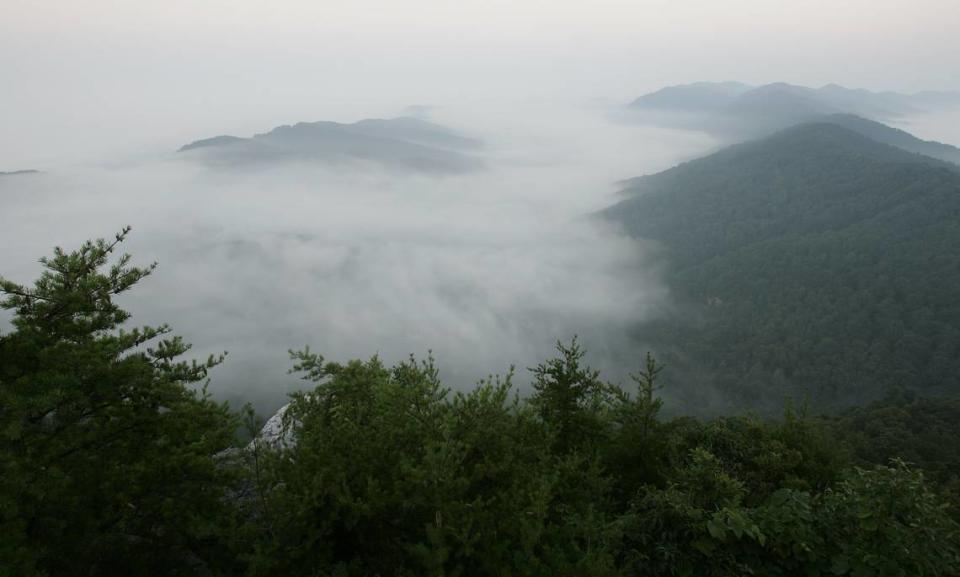Pristine Kentucky lake brought under conservation protection after years of efforts
A decades-long effort to protect a pristine Kentucky lake from potential commercial development has finally succeeded.
The Nature Conservancy (TNC) and The Conservation Fund announced this week that they had finalized the purchase of Fern Lake and adjoining property.
The lake, which covers more than 100 acres on the Kentucky-Tennessee line near Middlesboro, is one of the iconic views at Cumberland Gap National Historical Park, visible from the popular Pinnacle Overlook.
The park surrounds the lake, but the lake and some surrounding property were privately owned. Supporters have long wanted to bring the lake into the park to make sure it wouldn’t be developed.
“Fern Lake is a jewel worth saving within the larger Appalachian region, a region that continues to grow in its importance for clean air, clean water, connected wildlife habitats and other benefits to people,” said Gabby Lynch, director of protection for TNC in Tennessee.
The two groups paid private landowners $6,078,037 for parcels totaling 712 acres in Kentucky and Tennessee, including the lake.

The organizations received money from the James Graham Brown Foundation in Louisville and other donors for the acquisition.
The Nature Conservancy is a global environmental organization with offices in every state and The Conservation Fund is a national group. Both have worked on other projects to protect land in Kentucky.
The plan is for the National Park Service to buy the land from the organizations in the coming months, using money from the federal Land and Water Conservation Fund, which gets money from earnings on offshore oil and gas leases.
The area won’t be open to the public for some time. The park service will develop a plan for managing the property, including what activities will be allowed on it.

The park service will seek feedback from the public in developing the plan, said Lisa Baldwin, superintendent of the park.
The lake is the water source for the city of Middlesboro. That will continue under ownership by the conservation groups and ultimately as part of the park, according to the park service and the groups.
It was important to protect Fern Lake for that reason, but for others as well, according to supporters of the acquisition.
The tract connects other lands nearby that already are protected, including the park and 100,000 acres that TNC manages in Kentucky and Tennessee.
The Fern Lake tract also is within a region that is a vital migratory corridor for wildlife, which will become more important as a result of climate change, according to the conservation groups.
The Appalachian Mountains have some of the most intact temperate hardwood forests in the world and shelter a variety of wildlife, including endangered species.

The forests, with a high level of biodiversity, make up “the single most critical landscape east of the Mississippi River for climate resiliency,” the groups said.
“Protection of Fern Lake and its watershed will help ensure that the people of Middlesboro have access to a local drinking water source; that birds, bears, and other wildlife can migrate and find what they need; and that the incredible view from the Pinnacle will be available for future generations to enjoy,” Baldwin, the park superintendent, said in a statement.
Recent history of land purchases
The lake has faced potential threats from logging and coal mining in the past.
In 1996, the federal government banned mining in the Tennessee side of the watershed, but a coal company pressed ahead for a time with a proposal for surface mining on the Kentucky side.
Kentucky regulators and the company, Appolo Fuels, signed a deal in 1998 to end that effort.
That didn’t end concern over potential development, however, particularly when the company listed the lake for sale in 2000.
U.S. Rep. Hal Rogers and Sen. Mitch McConnell, both Republicans, introduced bills in 2001 authorizing the National Park Service to buy the lake.
Conservation groups bought parcels in the watershed through the years that ultimately became part of the park, but the lake remained in private hands until this week.
The purchase means permanent protection for the lake and surrounding land, according to The Nature Conservancy and The Conservation Fund.
“A healthy and protected Fern Lake will forever provide residents and visitors clean water and outdoor recreation, while supporting important wildlife habitat, said Ralph Knoll, senior project coordinator for The Conservation Fund.

